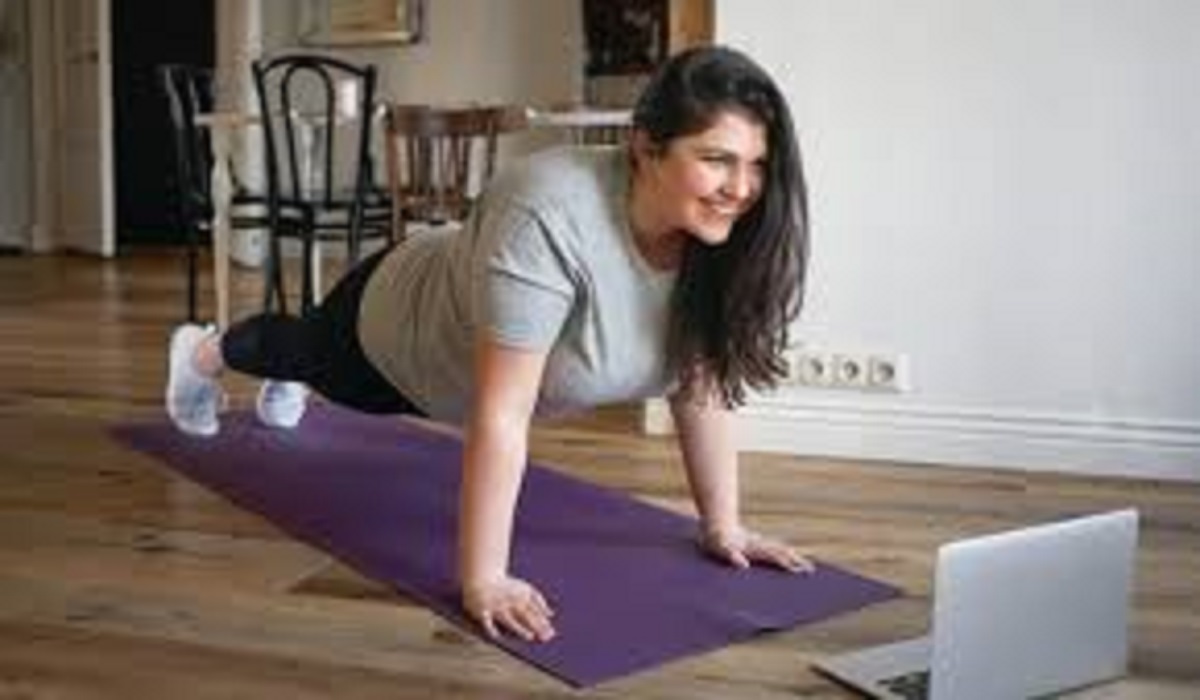Study Tips for While You Exercise
Study Tips for While You Exercise: In today’s fast-paced world, finding time to study while maintaining an active lifestyle can be challenging. However, combining exercise with learning is an excellent way to boost productivity, improve memory, and enhance overall well-being. This guide explores effective strategies to study while exercising, helping you make the most of your time without sacrificing fitness or education.
Whether you’re a student, a professional, or someone looking to optimize your daily routine, these tips will help you retain information better while staying active.
Why Study While Exercising?
1. Enhanced Cognitive Function
Exercise increases blood flow to the brain, improving focus, memory, and information retention. Studies show that physical activity stimulates brain function, making it easier to absorb new material.
2. Time Efficiency
By combining study sessions with workouts, you save time and maintain a balanced schedule. This approach is perfect for busy students and professionals.
3. Reduced Stress & Improved Mood
Exercise releases endorphins, reducing stress and anxiety—common obstacles to effective studying. A calmer mind retains information better.
4. Better Long-Term Retention
Active learning (such as listening to lectures while jogging) engages multiple senses, reinforcing memory through dual-task conditioning.
Best Exercises for Studying
Not all workouts pair well with studying. Here are the best exercises to combine with learning:
1. Walking or Light Jogging
- Low-intensity cardio allows you to focus on audio lectures, podcasts, or flashcards.
- Ideal for reviewing notes or listening to recorded study material.
2. Stationary Bike or Elliptical
- A stable workout setup lets you read textbooks, watch educational videos, or use study apps.
- Great for longer study sessions.
3. Yoga or Stretching
- Gentle movements help with memorization and relaxation.
- Perfect for language learning or repeating key concepts aloud.
4. Strength Training (Between Sets)
- Use rest periods to review notes or quiz yourself with flashcards.
- Keeps your brain engaged without distraction.
Effective Study Techniques for Exercising
1. Audio-Based Learning
- Listen to lectures, audiobooks, or language lessons while jogging or cycling.
- Apps like Audible, Quizlet, or Khan Academy are great resources.
2. Flashcards & Spaced Repetition
- Use apps like Anki or Brainscape during low-intensity workouts.
- Active recall strengthens memory retention.
3. Mnemonics & Visualization
- Associate study material with movements (e.g., linking facts to steps while walking).
- Helps with medical terms, formulas, or vocabulary.
4. Group Study & Discussion
- Study with a workout buddy and quiz each other during a walk or gym session.
- Encourages active discussion and deeper understanding.
5. Post-Workout Review
- After exercising, summarize what you learned in a journal or voice memo.
- Reinforces knowledge while your brain is still in an active state.
Tools & Apps to Help You Study While Exercising
| Tool | Best For |
|---|---|
| Audible | Audiobooks & lectures |
| Quizlet | Flashcards & memorization |
| Anki | Spaced repetition learning |
| Khan Academy | Video lessons & tutorials |
| Pomodoro Timer | Structured study/exercise intervals |
Common Challenges & Solutions
1. Distractions During Workouts
- Solution: Use noise-canceling headphones and choose quiet environments like a home gym or park.
2. Difficulty Retaining Information
- Solution: Focus on one subject at a time and repeat key points aloud.
3. Overexertion Affecting Focus
- Solution: Stick to moderate-intensity workouts—high-intensity sessions may hinder concentration.
FAQs
1. Can I really study effectively while exercising?
Yes! Light to moderate exercise (like walking or cycling) enhances focus and memory retention.
2. What’s the best type of exercise for studying?
Low-impact activities (walking, yoga, stationary biking) work best since they don’t require intense focus.
3. How long should I study while working out?
Aim for 20-45 minute sessions to avoid mental fatigue.
4. Are there subjects that don’t work well with exercise?
Complex subjects requiring deep focus (e.g., advanced math) may be harder—stick to reviewing notes or listening to summaries.
5. Can exercise replace traditional study methods?
No, but it’s a great supplement—combine it with active recall and spaced repetition for best results.
Conclusion
Studying while exercising is a powerful way to maximize time, boost brain function, and stay fit. By choosing the right workouts and study techniques, you can enhance learning without sacrificing health.
